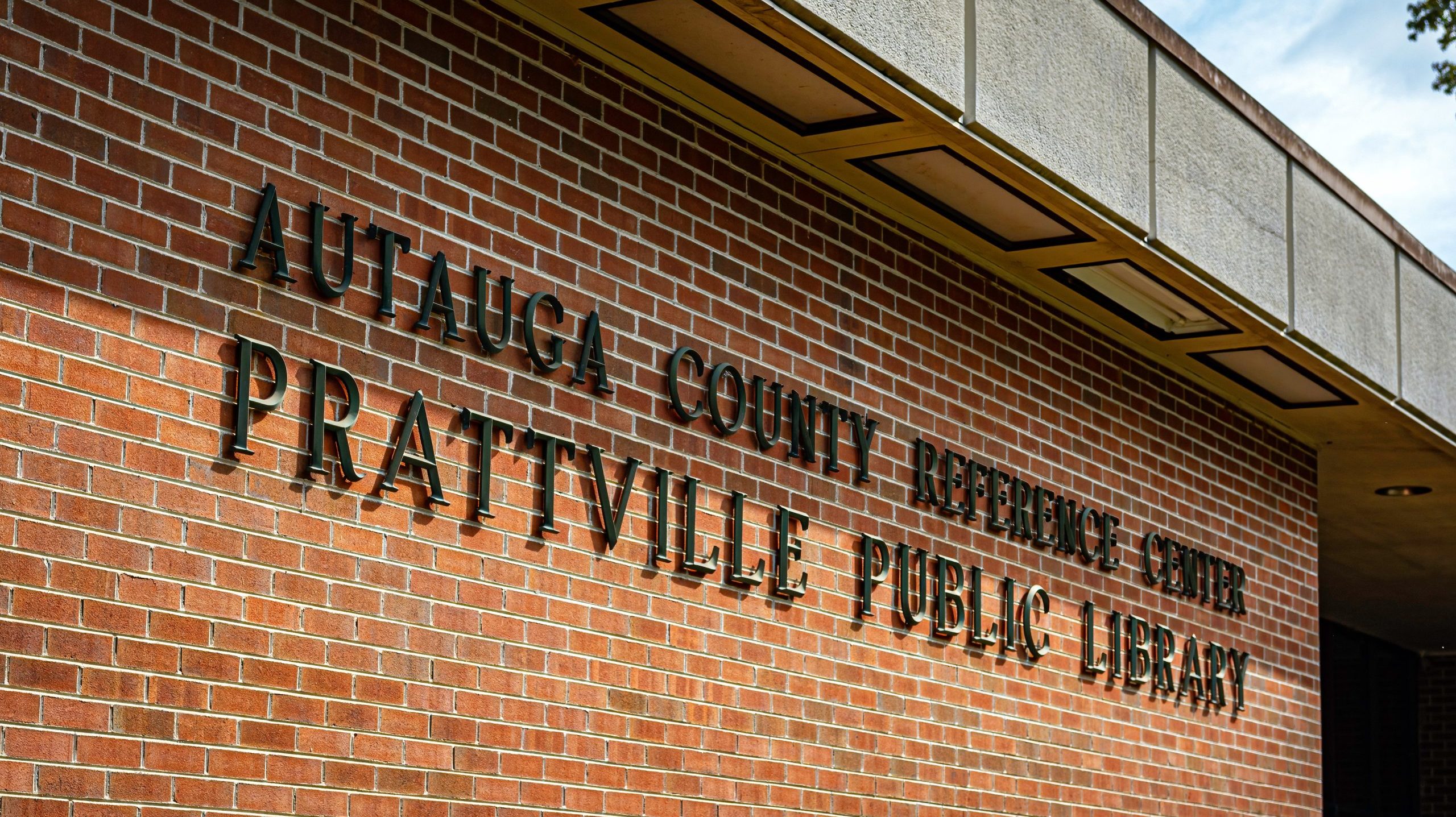The Autauga-Prattville Public Library board of trustees is asking a federal judge to deny a motion for a preliminary injunction, arguing that the books a public library chooses to shelve constitutes “government speech.”
“The very first sentence of the Plaintiffs’ brief sets up their straw man; then they spend the next 46 pages attacking him,” the board wrote. “None of it is availing, though, because the library Policy at issue in this case does not impermissibly ‘restrict expression’ by anyone.”
There have been numerous hints that the library board would argue that the selection of library books is government speech, which has had limited judicial support. APPL board attorney Laura Clark wrote a column expressing that the library is not violating anyone’s rights because book selection is government speech and Bryan Taylor, the attorney representing the board in this suit, told Judge Myron Thompson that the board agreed with a “strong dissent” in the 5th Circuit Court that claims the same.
The filing submitted Friday goes into further detail on the board’s claim that the government can select books any way it sees fit.
The motion rests the majority of its argument on an 11th Circuit Court precedent set in the 2006 case American Civil Liberties Union of Florida, Inc., Greater Miami Chapter, et. al. v. Miami-Dade County School Board.
“ACLU involved a challenge to a school board’s removal of controversial book, Vamos a Cuba, from the school library,” the board wrote. “The district court enjoined the Board from removing the book, finding that the school board’s action violated the First Amendment and Due Process Clause. In reversing the district court, ACLU appeared to embrace the application of the government speech doctrine in the context of public libraries.”
A federal judge in Florida in January rejected the State of Florida’s similar argument.
“… the fact that the traditional purpose of a library is to provide information on a broad range of subjects and viewpoints, the court simply fails to see how any reasonable person would view the contents of the school library (or any library for that matter) as the government’s endorsement of the views expressed in the books on the library’s shelves,” wrote U.S. District Judge Kent Wetherell. “… the speech embodied in a library collection is materially different from the speech embodied in government-sponsored parades, prayers, art exhibits, and monuments on public property.”
The plaintiffs, which include multiple APPL patrons as well as Read Freely Alabama and the Alabama Library Association, have until Wednesday to file their response to the board’s argument. At that point, most of the briefings will be concluded. The defendants have until Oct. 1 to respond to a motion by the Freedom to Read Foundation to submit an amicus brief.
At that point, the case should be fully briefed and ripe for Thompson to make a ruling. There is unlikely to be a hearing on the briefings, given the arguments are based on “questions of law” and not material facts. At the most recent hearing in the case, both parties suggested that a hearing would be unnecessary.
Thompson will be considering plaintiffs’ motion for preliminary injunction, which would put a halt on APPL policies that allow the library director to remove LGBTQ+ books with no opportunity for recourse by patrons. He will also be considering the separate motion by the board to dismiss the case entirely based on lack of standing.
(Except for the headline, this story has not been edited by PostX News and is published from a syndicated feed.)

